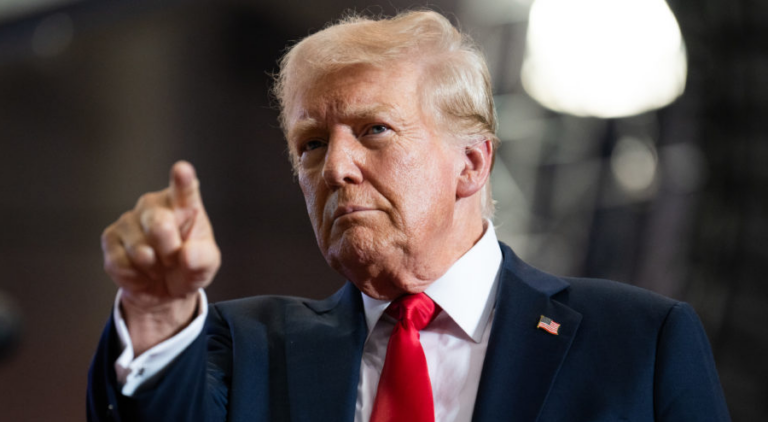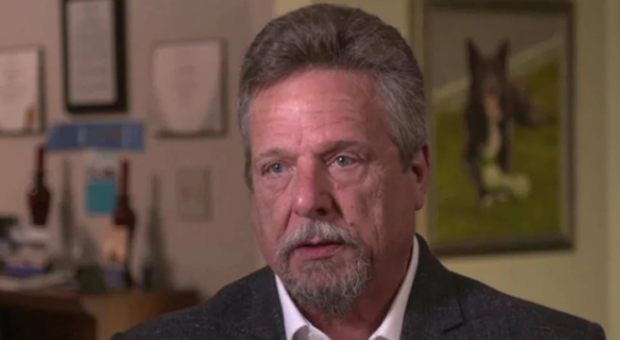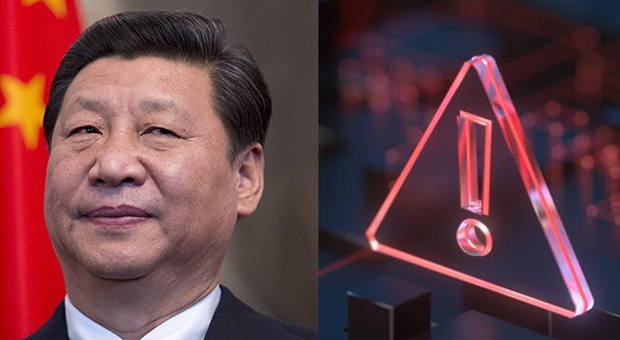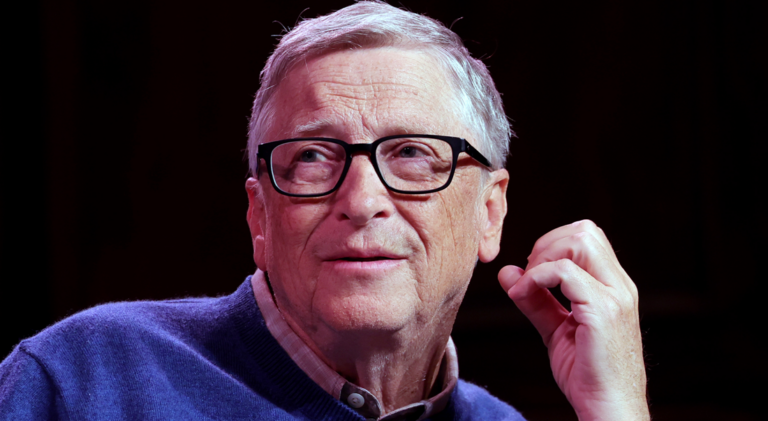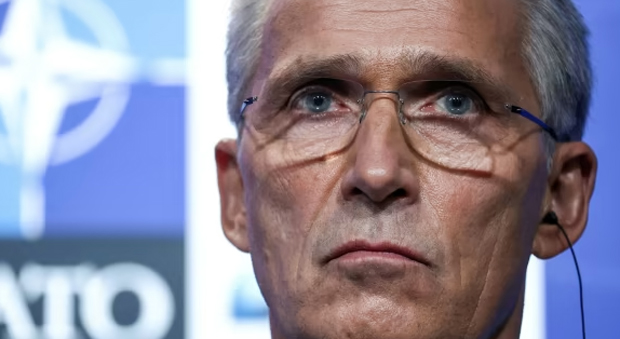The economic price tag for making Europe “greener” could push millions into poverty as the EU governments pour millions into expensive low-carbon energy and renewables, according to a stark admission by the head of Belgium’s central bank.
The “greener” alternative technologies to achieve “Net Zero” come at such high costs, making them unaffordable for many companies and ultimately pushing up consumer prices.
The crippling green policies have already taken their toll on European farmers, who recently mobilized against their governments over the EU’s ‘Sustainable Use Regulation’ (SUR), which aims to reduce chemical pesticides by 50% in 2030 while bankrupting farmers in the process.
The head of the National Bank of Belgium, Pierre Wunsch, admitted the EU’s climate agenda will have major negative economic ramifications for its citizens.
Indeed, if voters find out that their poverty-stricken suffering had been in vain due to false promises by their WEF-controlled leaders, it would cause mass protests, as we have seen with the farmers.
Wunsch told Politico that the green “transition is not going to make us collectively richer,” adding, “We should be more candid… don’t lure people into thinking that greening carries positive opportunities that could augment GDP and create millions of well-paid jobs.”
The central banker warned that “greener” energy and carbon-reducing schemes may result in prices exploding to as much as five to eight times that in the United States.
Wunsch also said Europe would see catastrophic shocks to the energy market, similar to the oil crises of the 1970s.
The central banker argued that European leaders risk losing all credibility when their citizens are pushed into abject poverty, likely resulting in “popular anger and protest.”
The top economist also threw shade on the EU’s green transition strategy, arguing it is “throwing massive amounts of money [at] problems just to mitigate their effects is not a panacea” and adding that Brussels needs to reduce the regulatory burden they have imposed on the food industry.
The unrealistic climate goals, along with coronavirus lockdown-induced supply chain issues and Ukraine, caused a massive uprising from farmers throughout Europe.
Farmers blocked ports and highways across Europe, while those in France dumped huge stacks of hay while spraying manure at public buildings.
🙌Farmers in France’s southwestern Landes region protested in front of the local government office, dispersing hay and throwing vegetables at the building. pic.twitter.com/8vVkpYXQnK
— Truthseeker (@Xx17965797N) February 23, 2023
The protests garnered major support from the general public and populist parties, who argued that the globalist vision was already destroying people’s lives.
In Poland, for instance, there is a massive disconnect between their WEF-installed Donald Tusk and the revolting farmers.
Other Polish officials have also come under fire, including EU Commissioner for Agriculture Janusz Wojciechowski.
Reuters reported:
“Polish politicians called on the EU Commissioner for Agriculture to quit on Friday as farmers blocked roads across his home country Poland and at border crossings with Ukraine, kicking off a month-long general strike to protest against EU policies.”
Despite the unprecedented pushback, European Commission President Ursula von der Leyen called for the bloc to double down on the green push.
“Massive investment will be needed. Not only in renewable energy capacity but in interconnectors, in clean tech, and of course, and it has been said, in the relevant supply chains,” the EU chief said during a speech marking the 50th anniversary of the creation of the International Energy Agency.
“So we will need to mobilize the private sector, and we are working right now to intensify our dialogue with them,” she added.
It’s already apparent that the Belgian central banker’s advice has fallen on deaf ears, with von der Leyen arguing that the green transition will “create new economies of scale. They will make clean energy more affordable and cost competitive, all across the world, including in the Global South.”
The out-of-touch and deluded globalists do not care how this “green transition” will affect ordinary people. But we already know that. We saw this in 2022 when Joe Biden’s Climate Czar, John Kerry, called for a transition to “green shipping” right in the middle of the supply chain crisis.
“The environment and climate don’t suddenly stop because of an invasion. Lives are at stake, and our ocean touches every single aspect of our lives, from the air we breathe to the food we eat,” Kerry said at the time.
If globalists ignore the people, they should expect more uprisings.




